Morocco
Morocco's cattle and sheep populations have dropped by 38% since the last census nine years ago, primarily due to ongoing drought conditions, according to Agriculture Minister Ahmed El Bouari on Thursday.
The country has faced six years of severe drought, which has depleted its dams, led to significant job losses in agriculture, and prompted a faster implementation of desalination projects.
This year's rainfall was 53% below the average of the past three decades, El Bouari reported.
With limited grazing land available, meat production has declined, resulting in increased imports of cattle and red meat.
To stabilize domestic prices, Morocco's 2025 budget has eliminated import duties and value-added tax on cattle, sheep, camels, and red meat. So far this year, the country has brought in 124,000 sheep, 21,000 cattle, and 704 tons of red meat.
El Bouari noted that irrigation dams in critical agricultural areas like Doukala and Souss-Massa are only 2% and 15% full, respectively, while the national dam filling rate has fallen to 26%, prioritizing urban drinking water over agricultural needs.
The area planted with essential crops such as soft wheat, durum wheat, and barley has increased to 2.6 million hectares from 2.4 million hectares last year.
The wheat harvest will depend on rainfall patterns through the end of March, El Bouari added. Last year's drought reduced Morocco's production of these grains to 3.1 million tons, a 43% decrease from the previous year.




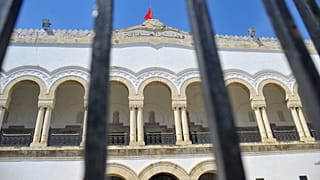

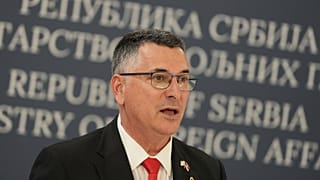
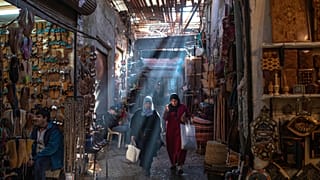


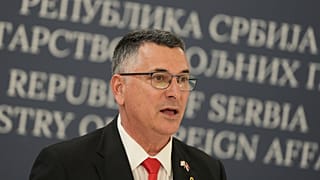

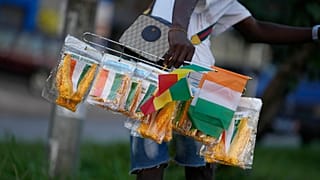
03:00
Salah shines for Egypt and Nigeria beat Mozambique to advance [Football Now]
03:00
Cameroon edge South Africa, to face Morocco next [Football Now]
03:00
Senegal, Mali set up AFCON quarterfinal clash [Football Now]
Go to video
Morocco fans optimistic about AFCON win...but are wary of facing Egypt in the final
01:48
AFCON 2025 sets new standard as Morocco chase home glory
01:16
Surfers ring in New Year on Morocco’s Atlantic coast